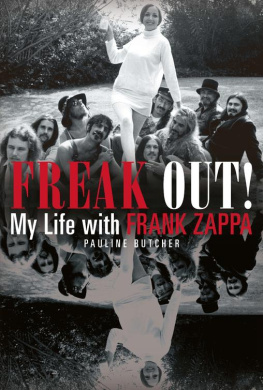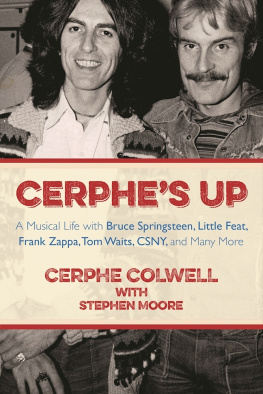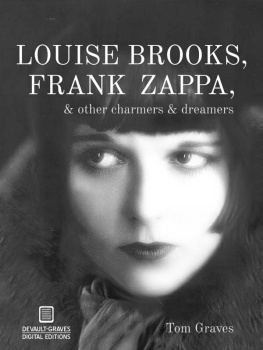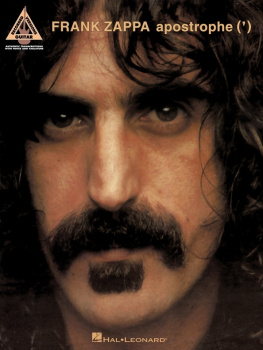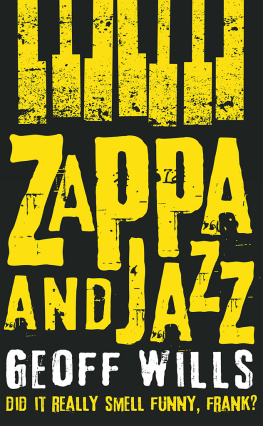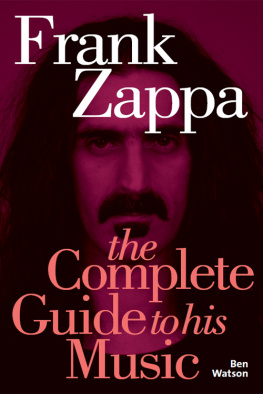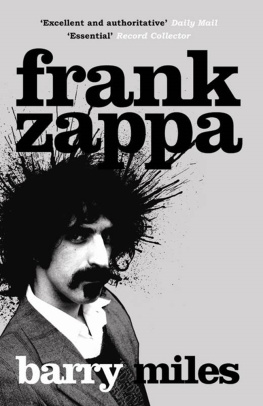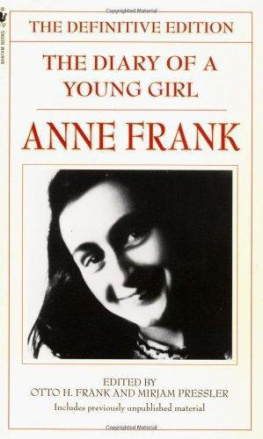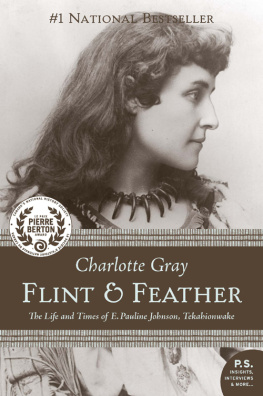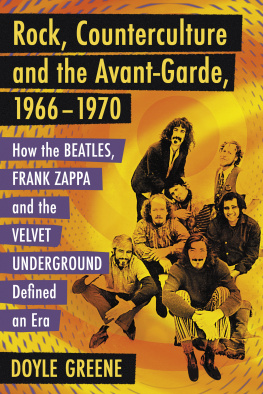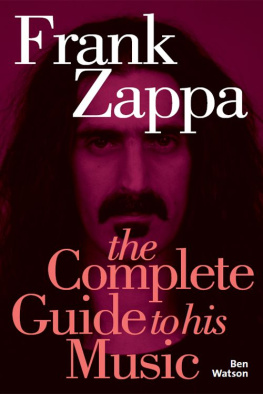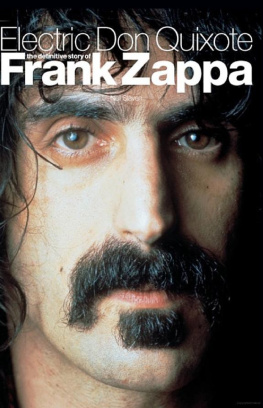I would like to thank my agent, Laura Susijn, for believing in me; James Friel, for setting me on the right path; Tom Branton, for his kind edits; my husband, Peter Bird, for making it possible; our son, Damian Bird, for his endless encouragement; and Sandra Wake, for taking a chance.
I t all began just like every other day over the previous five years. Had I realised how momentous it would be, Id have clipped on my dangly earrings with more care, raced into London with greater speed and answered the phone at the office more eagerly. But on that dull, drizzly August afternoon in 1967, I had no idea.
I earned ten shillings an hour at a printer in Dover Street. Not a printer with huge machinery and hordes of men, but a large office space with golf-ball typewriters and twenty girls seated in squares of four. We typed menus, programmes, adverts, film scripts and sometimes novels by hopeful writers. At the end of the room, behind a glass partition, two boys worked enormous photocopiers.
But we girls were not mere typists, not at all. We ran around town with portable typewriters and notebooks to hotels or private homes. Our clients could be very important people indeed. Why, only the week before, Id worked for Prince Beyene, grandson of Haile Selassie, Emperor of Ethiopia. When hed fallen down drunk in the toilet Id called the concierge because I thought he was dead. And Margaret, Duchess of Argyll, whod suffered agonies of embarrassment in her divorce case when nude photographs of her wrapped around a series of aristocrats were splashed across tabloids. She was so traumatised that her voice shook during dictation.
Noisy, almost deafening, Forum Secretarial Services was owned and run by Miss Bee and her diminutive husband, Dr Lederer, both of whom had fled the Hungarian Revolution in 1956. Vee started in a basement in Dukes Yard vith nothing a paraffin heater and coffee pot. Darling, vee nearly starved to death. But now look vhere vee live on Park Lane!
Miss Bee, short and full-bosomed, wore a fine gold chain round her ankle, so risqu to us English girls. She did care for us but if we stopped typing to gossip, she would rap our knuckles.
On that particular day, 16 August, she was at the hairdressers, so when the telephone rang I answered it. The concierge said, Royal Garden Hotel here. We have a client who wants a typist at six-thirty.
Hold on. I cupped the receiver and called out for offers but the other girls shook their heads. Since Id taken the call, I would have to go.
All right, I said into the receiver. Miss Butcher will come.
Its for Mr Zappa. Room 412.
Mr Zappa? How dull that sounded! Sometimes we worked for film stars like Gregory Peck whose teenage son, strangely, I found more seductive than his famous father. Other illustrious clients included Douglas Fairbanks Jr, Terence Rattigan, and Marcel Marceau, the mime artist, but most of our clients were top executives from global companies and I reckoned Mr Zappa must be one of those. The name Zappa gave the impression of a sugar merchant.
In slow motion, I gathered up my portable typewriter, pushed paper, carbons, Tipp-Ex, pens and pencils into my briefcase, stomped down the stairs past the tailor on the ground floor and into the cool summer air, where I half-heartedly hailed a taxi. As we crawled through the traffic of Knightsbridge and on into Kensington, even the stylish windows of Harrods displaying the latest craze for paisley failed to excite my attention.
I was not unhappy, but life was dull. Somewhere along the way, I seemed to have missed my turning, a turning that had pointed to journalism, my dream job. Id thought of applying to music papers because they were easier to break into than serious ones, but music seemed too narrow for my broad interests. Id posed the question to Tom Mangold, a journalist Id met at a party. When I told him I was twenty-one, he said, Youre too old. Journalists without a degree start on local newspapers at sixteen, and right there I allowed him to demolish my dream.
Not beautiful enough to make it big in modelling Your face is too long and thin, your eyes turn down, they should turn up, and I certainly wasnt Jean Shrimpton with her pert little nose Id settled for minor catwalk bookings (10 an hour), teaching modelling (1 an hour), and supplementing this with secretarial work. After five years of the same routine with no knight in shining armour having come to my rescue, Id decided to save hard. The next year, with sufficient money, I would travel. I was not sure where it was the vaguest of plans.
The taxi driver broke into my reverie. Got a hot date?
No, working unfortunately.
I could give you a good time.
Oh, go on, I bet youve got six kids at home.
Seven! And counting.
I laughed and when I swung through the circular door and crossed the marbled lobby toward the lifts, I was still smiling.
A tall, handsome black man with features like Sidney Poitier and a small beard on his chin watched me approach. He wore a dark suit and tie and a beige cashmere coat slung casually over his shoulders. We stepped into the lift together: I pressed the fourth-floor button; he pressed the fifth. My hair was cut by Vidal Sassoon in a Faye-Dunaway-Bonny-and-Clyde style, and when the stranger appraised me up and down admiring my flat, white calf-length boots and green dress with its little white collar and remarked, Wow, even in California girls dont wear skirts that short, I was ready to flirt. Well this is London. In fashion, we lead the world.
And Im from Hollywood, he said, In entertainment we lead the world.
Youre in films?
Music. Rocknroll.
Oh, well. I rummaged in my bag and handed him a blue-floral printed card. Give me a call if you want typing done. I do shorthand too. I stepped backwards from the lift.
I sure will, Par-leen, he called, waving and peering for a last look as the lift doors closed.
What a pity I wasnt working for him. Still, hed cheered me up and I trotted along the corridor to Room 412, set down my cases and knocked.
Nothing prepared me for the figure that opened the door.
Squiggly, ink-black curls fell below his shoulders. He had a long, thin face with a thick, drooping moustache and an extra tuft under his bottom lip. He wore an orange t-shirt and pink trousers over the skinniest of bodies. I blurted out, Oh, Im sorry, Ive come to the wrong room.
Par-leen Butcher? he said in a deep, American drawl.
Yes. Is Mr Zappa here?
He held out a straight arm and I stood there, astonished. This was Mr Zappa? Undeniably, he had a Mediterranean air with his swarthy skin and dark eyes that held mine in a bemused gaze. We shook hands and he said, Come on in. He pressed his back against the door as I picked up my bags and brushed past. He kept nodding confusedly, as if hed expected a fifty-five-year-old with flat shoes and Lisle stockings.
Inside, male bodies lolled over orange-striped sofas and chairs. Mr Zappa introduced me to Herb Cohen, his manager, an English journalist wearing a jacket and no tie whose name I didnt get, and the rest, in colourful t-shirts and jeans, were a blur. I said Hello to the room in general. They nodded, staring beyond me, uninterested. I looked to Mr Zappa for support but hed disappeared to the bedroom. I was not dismayed. I normally worked in hotel bedrooms; few businessmen could afford a suite.
On the desk, a reel-to-reel tape recorder waited. As I took my typewriter out of its case, Mr Zappa said, What I want you to do is type the lyrics from the tape. I need them by tomorrow.

